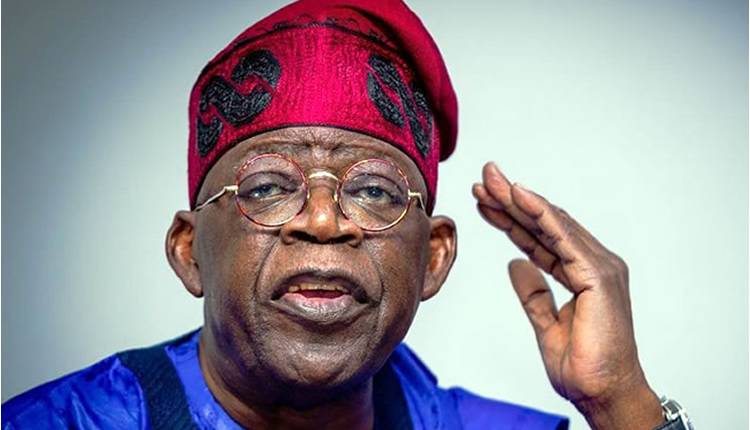Since Chief Bola Tinubu took office, Nigeria has witnessed a troubling trend: an exodus of notable companies from its economy.
This development has raised concerns about the country’s business environment and the impact on its workforce.
The departure of these companies represents a significant loss in both financial and human resources, painting a grim picture of the current state of affairs.

Among the companies that have exited Nigeria since Tinubu’s tenure began are industry giants and promising startups alike. The cumulative net worth of these departing entities is staggering, surpassing $726 billion. Additionally, the number of Nigerian jobs lost due to these exits is equally alarming, ranging between 3,030 to 6,200 positions.
Lazarpay, a web3 and crypto payment company, left the market in April 2023. With an estimated net worth of $10 million and a workforce of 20-50 Nigerian employees, its departure was a significant blow to the tech sector. In the pharmaceutical industry, GlaxoSmithKline Consumer Nigeria exited in August 2023, taking with it a $1.4 billion net worth and approximately 500-700 jobs.
54Gene, a genomics company focused on African genomes, followed suit in September 2023. With an estimated net worth of $45 million and 50-100 employees, its exit marked a significant loss for the scientific and medical research community in Nigeria. MABISCO Biscuit, a biscuit manufacturing company, left in October 2023, taking $50 million and 200-300 jobs with it.
In November 2023, Sanofi-Aventis Nigeria Ltd and Equinor also exited the Nigerian market. Sanofi-Aventis, a pharmaceutical giant with a net worth of $10.8 billion, employed 300-500 Nigerians, while Equinor, an energy company, valued at $120 billion, had a workforce of 100-200. Bolt Food, a food delivery company worth $1.9 billion, left the same month, costing 50-100 jobs.
Procter & Gamble (P&G), a multinational consumer goods corporation with a net worth of $230 billion, exited in December 2023, affecting 200-500 employees. Unilever Nigeria, another major player in the consumer goods sector, followed, taking with it a net worth of $120 billion and 500-1,000 jobs.
The early months of 2023 saw the exit of companies like Maersk Line, ExxonMobil, United Parcel Service (UPS), Blackberry, Orange Drugs, Cadbury Nigeria, FrieslandCampina WAMCO, Jumia Food, and GSK Pic. The combined net worth of these companies exceeds $716 billion, and they employ between 1,310 to 3,000 Nigerians.
READ MORE:
We’ll Accomplish More When We Unite and Set Aside Personal Interest, Partisan Politics — Tinubu to Nigerians Prayers Won’t Solve Hardship, Nigerians Chose Bad Leaders—Primate Ayodele
These departures highlight a troubling trend. Many observers like myself believe that these companies are not fleeing due to local competition but rather a challenging business environment, made worse by the Bola Tinubu administration and its record-breaking flip-flopping on critical policies germane to national development.
Factors such as regulatory hurdles, economic instability, and inadequate infrastructure have been cited as significant deterrents to business operations in Nigeria. The cumulative loss of $726 billion in net worth and up to 6,200 jobs is a stark indicator of the negative impact of these exits.
The Nigerian government must address these issues to stem the tide of departing businesses. Fostering a more stable and supportive environment for companies could help retain and attract investment, providing much-needed employment and economic growth.
The exodus of these companies raises an important question: are they really afraid of local competition, or is the business environment in Nigeria becoming too hostile for them to operate?
Steve Emmanuel
Follow the Parallel Facts channel on WhatsApp: https://whatsapp.com/channel/0029VaCQSAoHgZWiDjR3Kn2E









Leave a Reply